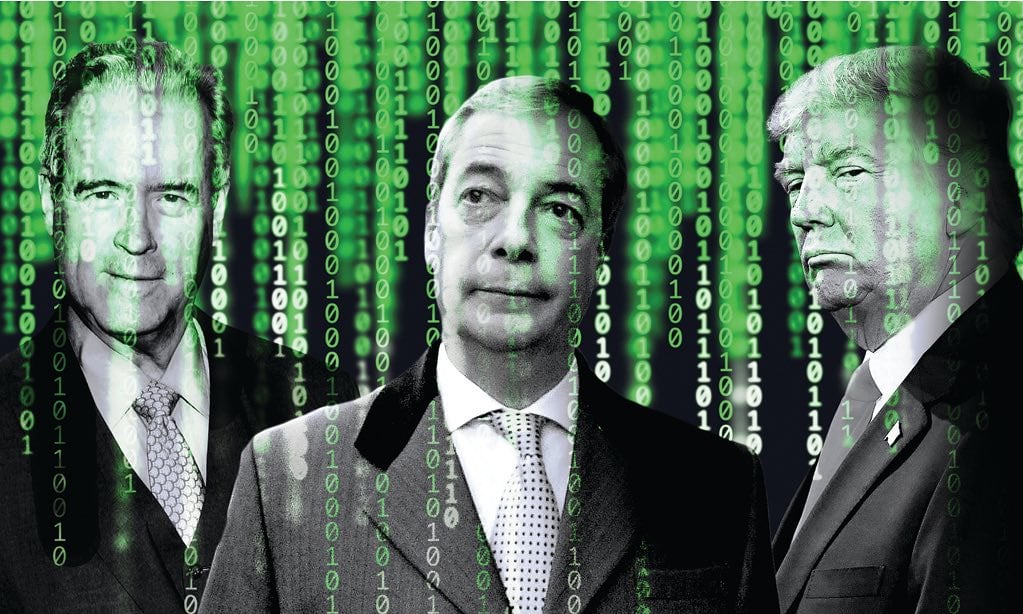Twitter Executive Is Also A British Army ‘Psyops’ Solider
“The senior Twitter executive with editorial responsibility for the Middle East is also a part-time officer in the British Army’s psychological warfare unit,” reports Middle East Eye:
The 77th Brigade uses social media platforms such as Twitter, Instagram and Facebook, as well as podcasts, data analysis and audience research to wage what the head of the UK military, General Nick Carter, describes as “information warfare”. Carter says the 77th Brigade is giving the British military “the capability to compete in the war of narratives at the tactical level”; to shape perceptions of conflict. Some soldiers who have served with the unit say they have been engaged in operations intended to change the behaviour of target audiences.What exactly MacMillan is doing with the unit is difficult to determine, however: he has declined to answer any questions about his role, as has Twitter and the UK’s Ministry of Defence (MoD).
Responding to the article, the British army told Newsweek their brigade had no relationship with Twitter, “other than using Twitter as one of many social media platforms for engagement and communication.” And Twitter reminded Newsweek that “We proactively publish all tweets and accounts relating to state-backed foreign information operations on the service — regardless of the source. We built this industry-leading archive to promote better public understanding of these threats.”
Despite the assertions of Twitter and the British military, academics and researchers have said the division between the two is not so clear. David Miller — a professor of political sociology in the School for Policy Studies at England’s University of Bristol, who studies propaganda and public relations efforts concerning the British government — is one such academic. He told Newsweek he believes a link is there, adding that it was a “threat to our democracy.”“I would say I know a good amount about army propaganda and ‘psyops’ operations as they’re called, but what is interesting is how little information we have 77th Brigade,” he said.” I suppose it means that all their work is covert, but what I would like to know is what they exactly are they doing? Are they just tracking accounts or are they trying to influence people’s views? What we do know is that their account itself is hidden by Twitter so we assume they are trying to influence people under the operatives’ own names. And because we know so little about exactly what they’re doing, we have to look elsewhere for clues for example.
The professor also argues that Twitter is deceiving us by “not acting as transparently as it could. If they are working with army personnel in this way, it is extremely damaging to our democracy. Given Twitter’s closure of accounts alleged to be used by foreign governments, it’s a very hypocritical stance of Twitter to take.”

